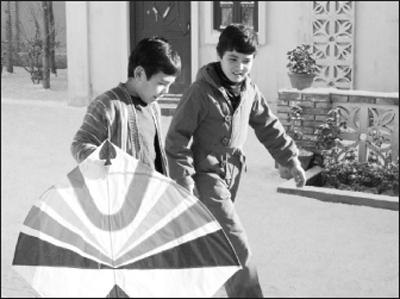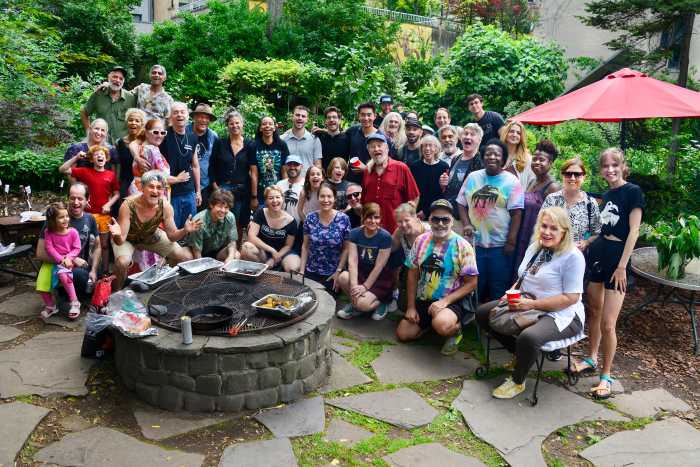By Steven Snyder
Most people know all about the scandal surrounding the filmed adaptation of “The Kite Runner,” the way that a childhood rape scene has endangered the lives of its child actors and led its studio, Paramount Vantage, to push back the film’s release in order to get their young stars out of harm’s way (they were airlifted to a different Middle Eastern country a couple weeks ago). But what audiences will also soon realize is that this outrage is indicative of the film’s quality — a testament to just how genuine, emotional, and devastating the movie is, that it would scare some people into demanding violent reprisals.
Based on the eminently popular book by Khaled Hosseini, director Marc Forster (“Monster’s Ball,” “Finding Neverland”) builds this multi-decade story around a lengthy childhood sequence, set in 1978 Afghanistan. It’s here where we first meet the boy who we’ll follow into the future, coming to learn the struggles faced by immigrants in modern-day America, the rapidly changing landscape of today’s Afghanistan, and the true terror of the Taliban, which many Americans still know little about, even after the Sept. 11 terrorist attacks.
Yet despite these many side stories, “The Kite Runner” is above all a drama about redressing the sins of the past, and the agony of repeatedly losing one’s home. The first home we inhabit is that of young Amir (Zekiria Ebrahimi), who spends his days blissfully unaware of the chaos of the world surrounding Kabul. He is best friends with Hassan (Ahmad Khan Mahmoodzada), the son of the family’s servant, and their relationship hinges on a peculiar power structure. Amir is respected because of his powerful father, protecting Hassan from bullies, and Hassan offers Amir the only thing he can: Blind obedience, and absolute loyalty. When the two boys go downtown on the weekends, to fly kites and compete against other kids their age, Amir is the one who flies the kite, and Hassan is the one who, if their line is broken, chases the kite through the city streets so he can retrieve it and bring it back to his friend.
This is no mere prologue. Instead, Forster lets this bit of backstory develop and envelop us, as Amir and Hassan’s friendship reveals the tensions, the rigorous class system, and also the joy that could be found in Kabul, before the Russians, the Americans or the Taliban invaded the country. Thanks to this, when the film’s much-discussed, ruthlessly brutal attack occurs and Hassan is raped in full view of a hidden Amir who, instead of helping, ducks and flees the scene, we can better comprehend the complicated fallout to come. Amir, ashamed of his cowardice, tries to disassociate himself from Hassan, at first refusing to be his friend and then framing him for a robbery that results in his departure from the estate.
Before the pair can finds their way to some sort of understanding, or absolution, the outside world comes crashing in. And as the Russians invade, forcing Amir and his father to flee for America, the young man comes to see the world through different eyes — not those of privilege, but of a struggling immigrant teenager, looked down upon as an outsider.
It isn’t until years later when a middle-aged Amir — now a successful writer — receives a call from overseas, offering him the unlikely chance to both make good on his childhood sins and witness the way that Kabul has been destroyed by war, rebellion, and religious fanaticism. We get a sense, through Amir’s aging eyes and Forster’s earlier attention to detail, of the of the ways Afghanistan has changed in a generation, the way that the present doesn’t quite click with the past, for either the man or his hometown. And we see in his final attempt to bridge that chasm with Hassan a delayed, but no less profound, coming of age. Through the fog of time, we see a man desperately trying to reach out to the boy he once was, to the boy he left behind.






































